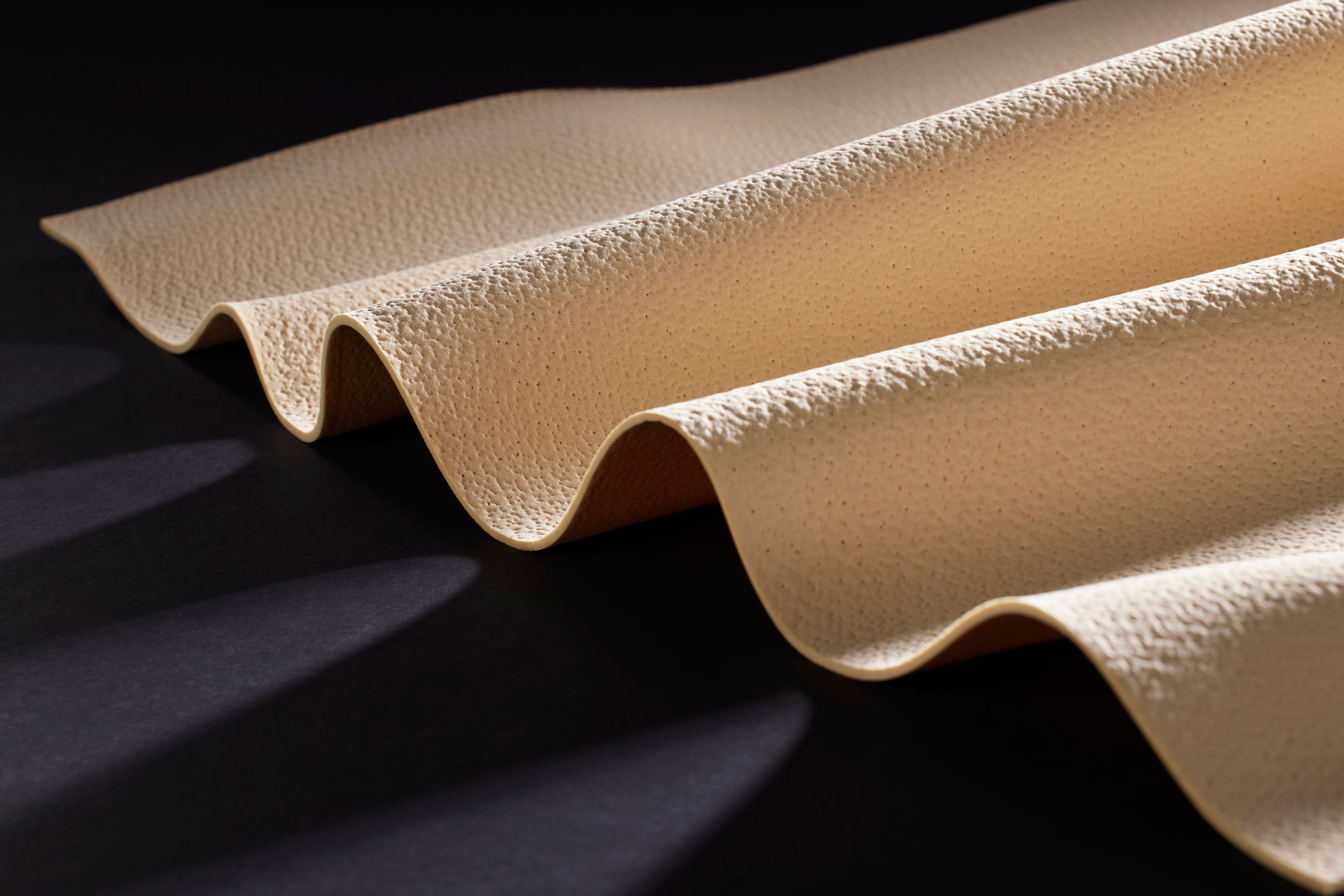
From natural fiber-based composites to self-healing solar cells, our investments in material innovations lay the foundations for new classes of deep tech innovations by enabling step-change improvements in manufacturing processes, product design, physical performance, and beyond.
For aerospace in particular, thermal insulation materials and thermal management are operationally critical and can make-or-break aircraft and spacecraft capabilities, as well as related equipment and infrastructure. From flight suits insulating pilots against sub-zero temperatures to battery thermal management systems ensuring operability in the vacuum of space to lightweight cabin insulation for more fuel-efficient commercial airliners, innovations in thermal management enable the products of aerospace engineering to reach new heights and push frontiers. OROS Labs is at the very forefront of this field, commercializing game-changing material innovations to address these significant market opportunities. The OROS Labs team is building a thermal management product platform based on materials science innovations in fiber-infused polymer aerogels. Composed of 95-99% air, aerogels are essentially matrices of nano-scale pores, which yield better performance in thermal insulation than any other known material. Picture a block of gelatin that has been completely dried of its liquid components, while maintaining its original structure and form factor – the solid matrix that is left is an aerogel. Aerogels have long been used in demanding applications for thermal management in extreme environments. NASA has used aerogels in everything from electronics insulation on the 1997 Mars Pathfinder Sojourner mission to liquid hydrogen refueling equipment for space shuttles to space dust collection. JAXA has also conducted extensive space dust sample collecting with aerogel-based capture in its Tanpopo Project mission on the International Space Station since 2015, focused on collecting organic and inorganic microscopic matter passing through low Earth orbit. As aerogel-based insulation surpasses any conventional insulation (such as wool and fiberglass) on thermal performance with much less volume and weight, its benefits are attractive to the aerospace sector. The earliest form of aerogel, and still the most widely used today, is silica aerogel. Despite technically being stronger than steel and capable of holding 2,000 times its own weight under the right conditions, silica aerogel is incredibly brittle and easy to break. The production process for silica aerogels is also incredibly costly and time-consuming. Typically made in batches of large blocks, silica aerogel can take hours or even days to dry into its final form. From infusing fiber batting with silica aerogel to form a flexible blanket to purposefully crushing silica aerogel into particles that are mixed into resins, silica aerogel today is used in a variety of form factors. However, its brittleness still poses limitations. Products and materials infused with silica aerogels tend to shed aerogel particles when bent, flexed, or otherwise handled. To compensate, NASA invented a new form of aerogel called polymer aerogel, a material that retains superior insulative properties while being strong and flexible. However, this material’s new physical properties only solved the first issue of brittleness; polymer aerogels are just as time-consuming to make as silica aerogels. To address this problem, OROS Labs developed the world’s first continuous manufacturing process for polymer aerogel by infusing it into individual fibers. At such a small unit scale, OROS Labs’ aerogel-infused fiber, called Solarcore®, takes just 3-4 minutes to dry and enables the flexibility to make any textile or fabric material with the insulative properties of aerogel. When used with a variety of base fibers and/or blended with other performance materials, Solarcore® represents the most versatile aerogel material ever made. The OROS Labs team is no stranger to commercializing aerogel materials – OROS Labs was originally launched as OROS Apparel, a silica aerogel-insulated apparel company that now operates as a direct-to-consumer subsidiary of the broader thermal management platform. OROS Apparel was created by co-founders Michael and Rith in their final year of college to address their own personal experiences with bulky, motion-limiting layers of clothing required for extreme experiences such as Michael’s climbing of the tallest summit in the Swiss Alps. I had the opportunity to participate in a demo during our investor conference, where nitrous oxide (-300 degrees fahrenheit) was sprayed on me while wearing an OROS coat and gloves. It only felt like a cool breeze wafting over me! With the development of Solarcore, OROS Labs is moving up the value chain and serving markets beyond consumer apparel, such as aerospace and defense. They're testing their material in insulation for zero-gravity human cell experiments in orbit and have and have developed next-generation tactical shelters for the U.S. military and extreme cold weather apparel for soldiers. Unlocking the largest potential markets for aerogels and disrupting the thermal insulation space in countless verticals, they also enable new capabilities in environmental sustainability. Our investment in Oros Labs signifies Airbus Ventures’ commitment to cultivate technologies, with an emphasis on new classes of advanced materials, that positively impact our planet and biosphere. Lighter and less bulky thermal insulation directly improves fuel and energy usage, as well as space optimization, in major carbon-emitting sectors such as cold chain logistics. Even with smaller mobile applications, such as passenger electric vehicles, Solarcore can provide better battery thermal management to both lightweight these vehicles and reduce risks of thermal runaway (i.e. battery fires). In more stationary applications such as building construction, Solarcore insulation can reduce natural gas and electricity usage for heating and cooling. We are proud to call OROS Labs a part of the Airbus Ventures family and look forward to working with the team to revolutionize thermal insulation. By Nicole Conner